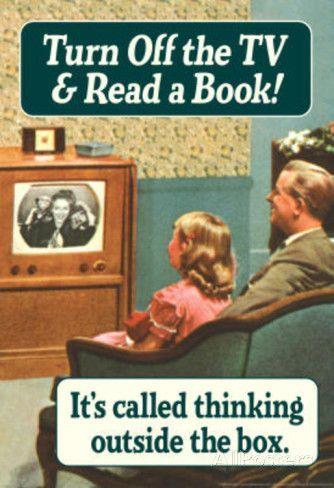
I read this illuminating article by one of this year’s Booker Prize winning judges earlier this week and found it an inspiration and a challenge. What particularly struck me was: ‘Haruki Murakami once said that if you only read the books that everyone else is reading, you can only think what everyone else is thinking. What I found is that if you only read the kind of novel you have always read, you can only think the kind of things you usually think.‘ Both of these concepts are obvious, but the sort of obvious truths that are so obvious that you never actually stop to think about them. Afua Hirsch, the author of the article, says elsewhere in her piece that she only chooses books that reflect the world she knows and is comfortable experiencing. Anything that strikes outside of those boundaries doesn’t normally break through. I reflected on my reading habits once I reached the end of the article and came to the depressing reality that I rarely read anything that challenges my worldview too, because I deliberately avoid reading anything that might do so. This isn’t something I do with any other form of culture; I love watching films and documentaries that make me confront realities I normally shy away from, and I, as my poor colleagues at school know, am a massive fan of avant-garde theater and am always pressuring them to teach the unusual plays I have discovered. However, with novels, I’ve been guilty of pulling up the drawbridge, and surrounding myself with my friends who make me feel secure for far too long. Apart from the occasional occupational necessity, it’s a solid diet of nineteenth and early twentieth century classic and middlebrow novels, with a side helping of contemporary, usually historical fiction. And while I love this diet, I don’t want to be someone who only ever gorges on the same limited selection of tastes. I want to be challenged to think in new ways, to be opened to alternative realities, to try new ways of expression.
Today I took my first step towards widening my comfort zone by reading Lanny, by Max Porter. I’ve wanted to try Porter for a while, but my understanding of his style of writing – all wavy lines and poetic structure, with fairy tale, almost magical realist elements woven in – had made me reluctant. I assumed I’d hate it, and think it was all style over substance. To my enormous surprise, I devoured it within a couple of hours, unable to put it down. This haunting, atmospheric tale of a home counties village and the ancient green man that lives at its heart, feeding off the lives of its contemporary inhabitants, should have been everything I roll my eyes at, but somehow, it managed to weave a spell over me. Lanny, a young boy who is ‘different’, has a deep connection with the natural world and senses the presence of the timeless green man. He sees and hears things others don’t, and causes tension between his parents, with his father completely failing to understand him. He goes to ‘Mad Pete’ – a local famous artist – for art lessons, and is enthralled by his stories about the lore of the village, but there are many who tut and whisper about what they feel is an inappropriate relationship between a ‘dodgy’ old man and a young boy. One night, Lanny goes missing, and everyone points their fingers at Pete, but with the village swarming with police, it will ultimately only be the green man who can lead the way to Lanny. Within this overarching narrative, the tensions amongst the villagers are explored, some of whom believe they have more ‘right’ to live there than others, their views largely revealed through the snatches of conversation the green man hears while he lies beneath the ground. Porter’s prose is poetic and beautiful, and his use of myth and folklore to shine a light into our present society and the growing tide of insular, prejudiced thinking that seeks to exclude rather than welcome those who are different, is incredibly thought provoking and powerful. I loved every word, and was thrilled to have my reading outside of my comfort zone so well rewarded.
So what is next? I have the Nobel Prize winning Polish author Olga Tokarczuk’s novel Drive Your Plow Over the Bones of the Dead to read, and then I want to try Edna O’Brien’s Girl, about the kidnapping of the schoolgirls in Nigeria by Boko Haram, and Girl, Woman, Other by Bernardine Evaristo. Any recommendations for books that you know I wouldn’t normally read would be gratefully received. I have to say that through buying Olga Tokarczuk’s book, I have discovered the beautiful uniform royal blue editions of contemporary, largely translated, novels by Fitzcarraldo Editions, and I shall certainly be mining their list for new authors to try.
Advertisements